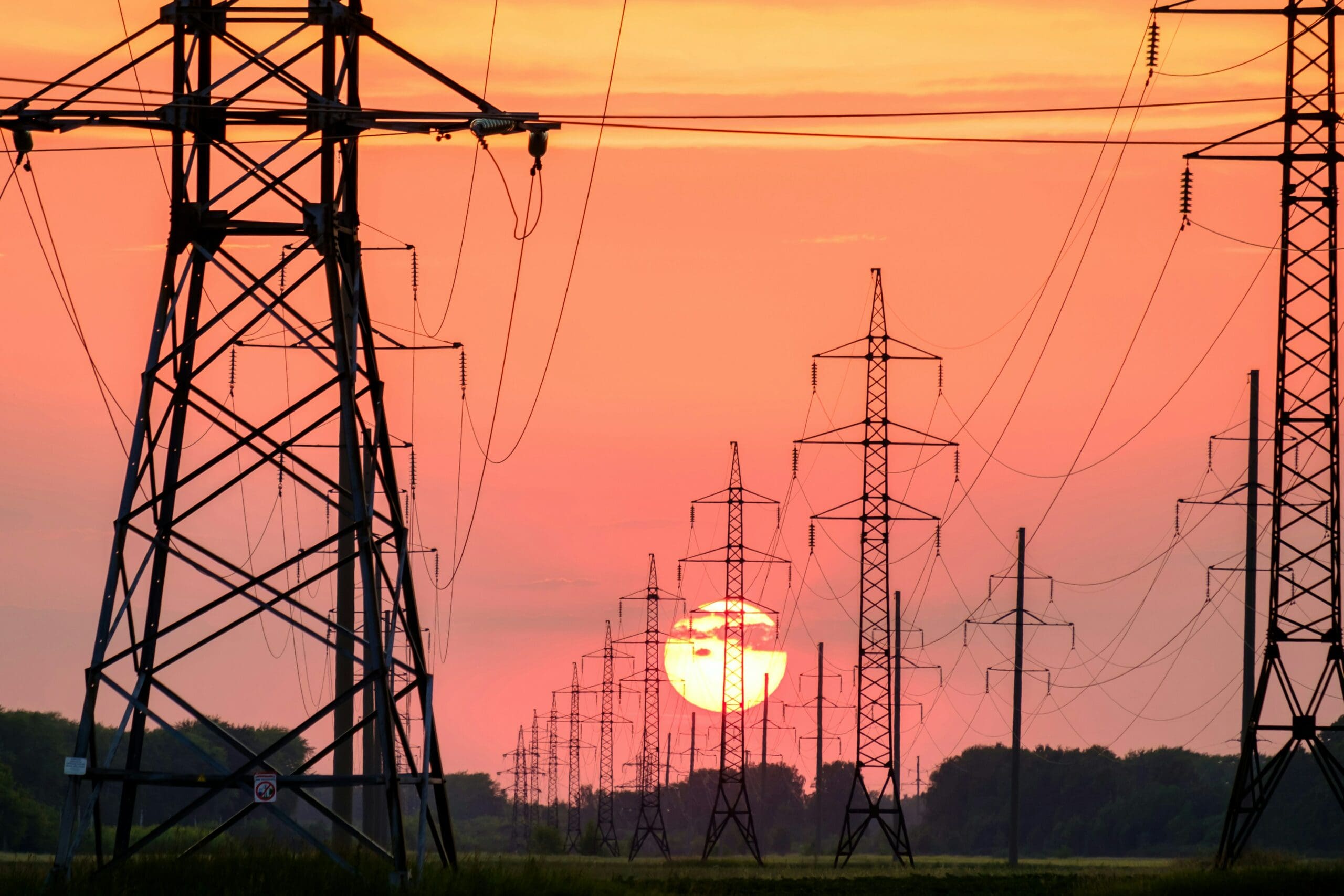Biden administration lowers high-speed internet costs for Michigan families

Oliver Willis
Over 1 million households in Michigan lack access to affordable broadband.
Michigan is among the states that stands to benefit the most from the Biden administration’s announcement on Monday that it had obtained commitments from internet providers to either cut prices for their services to families that qualify for the lower costs or increase broadband internet speeds.
The 20 companies involved in the agreement — under the Affordable Connectivity Program created as part of the Infrastructure Investment and Jobs Act that President Joe Biden signed into law on Nov. 15, 2021 — have said that those who qualify will not be charged more than $30 a month for internet service.
The White House said in a statement:
High-speed internet service is no longer a luxury—it’s a necessity. But too many families go without high-speed internet because of the cost or have to cut back on other essentials to make their monthly internet service payments. Lowering prices—including the cost of high-speed internet service—is President Biden’s top priority. Today, President Biden and Vice President Harris are announcing that they have secured private sector commitments that will lower high-speed internet costs for millions of American families. … [T]he Biden-Harris Administration has secured commitments from 20 leading internet providers—covering more than 80% of the U.S. population across urban, suburban, and rural areas—to either increase speeds or cut prices.
Michigan could see a large boost in internet access as a result of the program. Among the more than 20 companies that announced the agreement with the White House are Xfinity, AT&T, and Frontier, which, according to HighSpeedInternet.com, cover the largest area in the state, with Xfinity and AT&T available to at least 99% of Michigan residents.
The Affordable Connectivity Program allows provides subsidies to households that qualify based on income to receive subsidies that reduce broadband costs by up to $30 per month, or $75 per month on tribal lands.
Since the program was introduced, the administration says, at least 11.5 million households across the country have signed up.
Michigan Gov. Gretchen Whitmer has frequently said that access to high-speed internet service is important for the state.
“High-speed internet is critical to education, employment, and daily household functions,” Whitmer noted in a December 2021 statement. “I am proud of the actions we have taken at the state level to expand high-speed internet to over 18,000 homes and businesses and win hundreds of millions of dollars in federal grants for rural broadband, telehealth, and remote learning.”
Under the $1.9 trillion infrastructure law, Michigan is expected to receive $100 million to build out high-speed internet infrastructure. In February, Whitmer announced that the state will conduct an audit of its existing broadband to determine which areas will require the most investment going forward.
According to the Michigan High-Speed Internet Office, more than 212,000 households in the state currently lack access to high-speed internet service, while another 865,000 “face barriers related to affordability, adoption, or digital literacy.”
The office notes that expanding access can help school children raise their grades, reduce risks related to isolation for older adults, reduce health care costs by increasing access to telemedicine, and increase revenues for small business with expanded access to online customers.
Nationally, the Biden administration will spend $65 billion allocated under the infrastructure law on broadband projects, with $42.45 billion for subsidies to service providers as they build out access in underserved and unserved areas and $14.2 billion to the Affordable Connectivity Program.
Published with permission of The American Independent Foundation.




